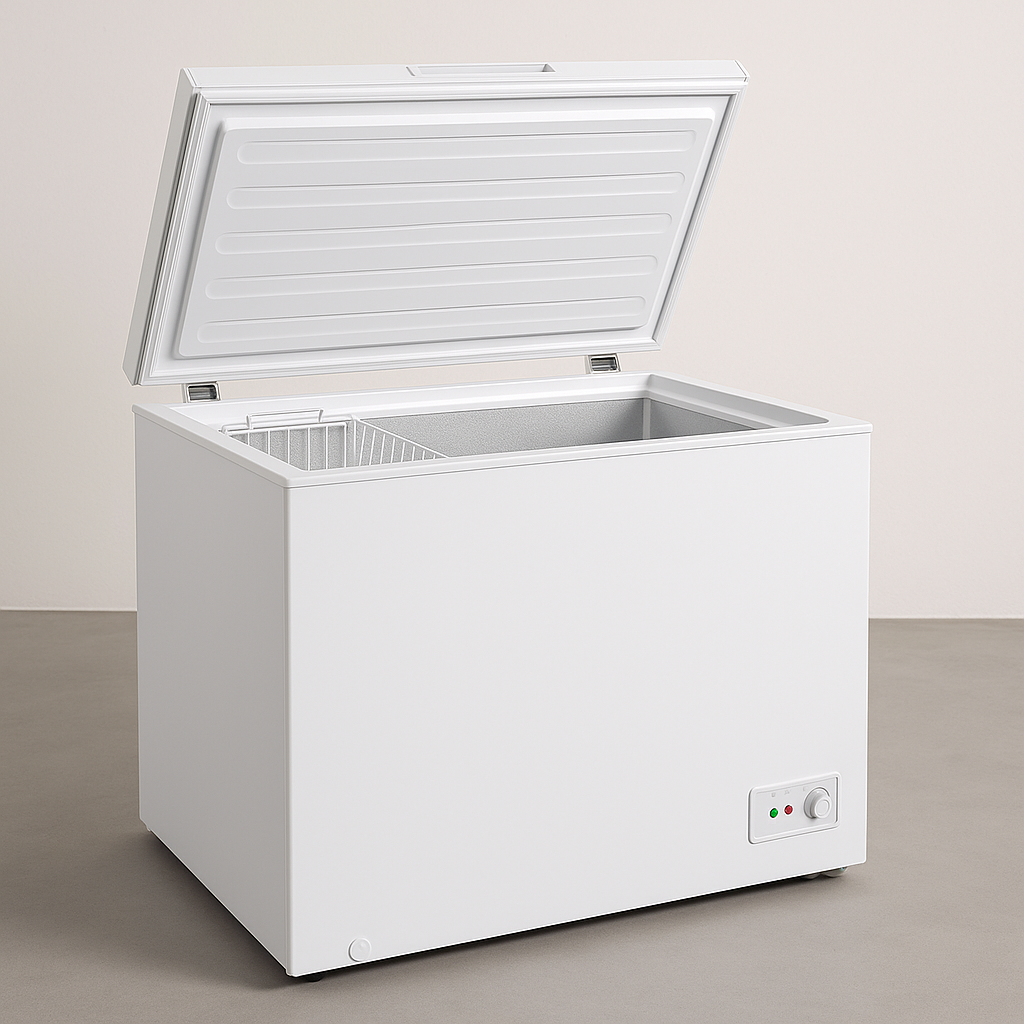Your Worst Nightmare Concerning Freezer Energy Efficiency Class C It's…
페이지 정보
작성자 Jermaine 작성일 25-10-21 12:47 조회 43 댓글 0본문
Understanding Freezer Energy Efficiency Class C: What You Need to Know
In today's ecologically mindful world, energy efficiency has actually gotten significant value among customers and makers alike. When it pertains to household appliances, a freezer's energy efficiency rating can considerably affect energy intake and energy bills. This article will explore Freezer Energy Efficiency Class C-- what it suggests, how it compares to other classes, and ideas on how to improve energy efficiency in freezers.
What Does Energy Efficiency Class C Mean?
Energy efficiency classes are standardized ratings that show how much energy a device consumes relative to its output or performance. These classes range from A to G, with A being the most effective and G the least.
Freezers with an Energy Efficiency Class C score are thought about typical in terms of energy intake. They aren't the most effective choices readily available, however they often cost less than higher-rated designs.
Energy Efficiency Classes
| Energy Class | Description |
|---|---|
| A+++ | Extremely efficient |
| A++ | Very efficient |
| A+ | Efficient |
| A | Moderate efficiency |
| B | Second-rate |
| C | Average |
| D | Second-rate |
| E | Poor |
| F | Really bad |
| G | Incredibly poor |
Secret Characteristics of Class C Freezers
Energy Consumption: Class C freezers usually take in more electrical power compared to their more effective counterparts. This indicates that while they might be cheaper to buy, it may cost more to operate them in time.
Preliminary Cost: Freezers with a Class C score frequently have lower upfront expenses, making them appealing for budget-conscious customers.
Size and Capacity: Class C models can can be found in various sizes, from compact systems to larger chest freezers. This irregularity permits consumers to choose a design that fits their requirements without jeopardizing on expense.
Cooling Technology: Many Class C freezers make use of conventional cooling approaches rather than sophisticated innovations discovered in higher-rated models. As an outcome, their cooling efficiency might not be as consistent.
Benefits and drawbacks of Class C Freezers
Pros:
Affordability: Generally, Class C freezers have lower initial costs compared to higher-rated models, making them available for customers on a budget plan.
Appropriate for Average Use: For households that don't regularly use a freezer or shop large quantities of food, a Class C freezer may supply adequate performance.
Simpler Features: Many Class C models concentrate on standard performances, do not have complicated functions, and are typically much easier to use.
Cons:
Higher Energy Costs: The ongoing energy consumption can cause higher energy costs, negating the savings from the lower purchase price.
Ecological Impact: Less energy-efficient appliances contribute to greater carbon footprints, which can be an issue for ecologically mindful consumers.
Minimal Longevity: Class C units may not last as long as more effective designs, leading to more regular replacements and increased waste.
Tips for Improving the Energy Efficiency of Class C Freezers
Correct Location: trivio handel Place the freezer in a cool, well-ventilated area away from direct sunlight and heat sources like ovens and dishwashing machines.
Temperature level Settings: Set the freezer temperature to optimal levels (usually around -18 ° C or 0 ° F )to make sure effective operation
. Keep It Full: A complete freezer operates more effectively than an empty one. If you don't have enough food to fill it, consider using ice packs or containers of water to inhabit space.
Routine Maintenance: Clean the coils and gasket seals routinely to make sure the freezer runs effectively and doesn't need to work harder than required.
Reduce Opening the Door: Each time the freezer door is opened, cold air leaves. Lessen door openings, and attempt to secure products quickly.
FAQs About Freezer Energy Efficiency Class C
1. How does a Class C freezer compare to Classes A and B?
Class C freezers are less energy-efficient than Classes A and B. They consume more electricity and generally cost more to operate gradually.
2. Is it worth acquiring a Class C freezer?
If you're on a budget plan and do not require high energy efficiency for sporadic use, a Class C freezer may be a suitable choice. Nevertheless, consider long-lasting energy expenses before acquiring.
3. Can I upgrade a Class C freezer for better efficiency?
Yes, enhancing energy efficiency can be practical through correct maintenance, cautious use, and by following advised functional practices.
4. What is the typical lifespan of a Class C freezer?
The life-span of a Class C freezer is typically in between 10 to 15 years, depending upon usage, brand, and maintenance.
5. Will a greater energy class conserve me money?
In many cases, purchasing a greater energy class freezer (A or A+) can result in cost savings on energy expenses, offsetting the initial purchase cost with time.
Freezer Energy Efficiency Class C is a viable choice for numerous consumers. While they may lack the energy efficiency of higher-rated models, their cost and appropriate performance make them a prospective choice for budget-conscious homes. By comprehending energy classes, customers can make educated choices and take actions to improve the efficiency of their appliances, leading to both savings and responsible energy usage. As the world moves towards greener services, considering energy-efficient appliances in our homes becomes more critical than ever.

- 이전글 Play Exciting Slot Gamings completely free Online in Thailand
- 다음글 [평생남대문.COM 가입코드 1111] 남대문토토 남대문토토 보증사이트
댓글목록 0
등록된 댓글이 없습니다.